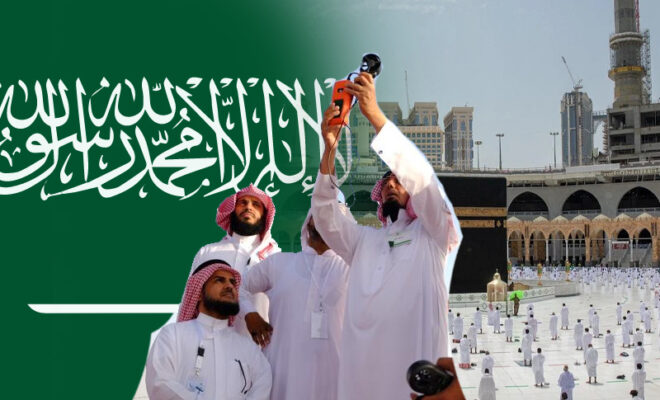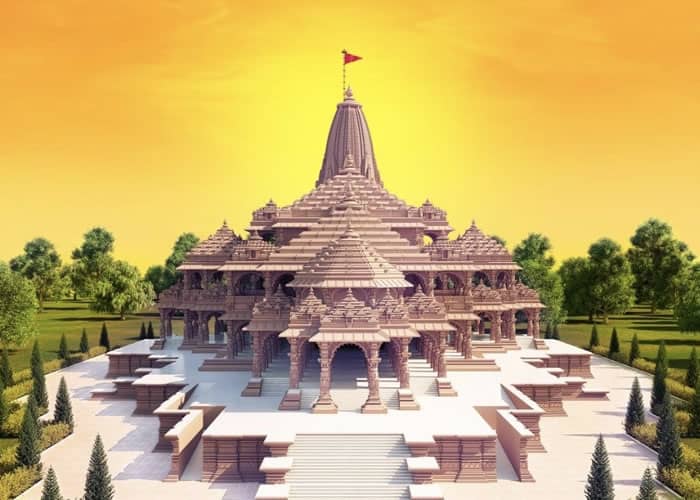Saudi Arabia Takes Initiatives Ahead of Holy Ramadan

Saudi Arabia imposed strict restrictions during this Ramzan. Loudspeakers are prohibited, worshippers ordered not to bring children & to do Iftar inside mosques.
Saudi Arabia has established a list of guidelines and limitations for the celebration of the holy month of Ramadan this year, including a ban on loudspeakers, a ban on itikaf without identification, a ban on prayer broadcasts, and a ban on iftar in mosques.
As the month of Ramadan in the year 1444 AH approaches, Sheikh Dr. Abdullatif bin Abdulaziz Al-Alsheikh, Minister of Islamic Affairs, Dawah, and Guidance, provided a 10-point guide.
Also, the authorities urged believers to refrain from bringing young children to mosques because doing so would upset the congregation and diminish their sense of solemnity.
Itikaf is an Islamic custom in which members of the community isolate themselves for the final 10 days of Ramadan in a mosque with the goal of focusing their time entirely on worshiping Allah.
Imams and muezzins are required by law to be present during the holy month of Ramadan.
If necessary, they should delegate the task-performer for the absence with the agreement of the regional branch of the Ministry, and the person acting on their behalf has agreed not to breach the obligation. The permitted period of absence cannot be exceeded.
Following the calendar established by Umm al-Qura, placing a high priority on the adhan, and performing the prayers (iqamah) in accordance with the designated times for each prayer.
Tahajjud prayers should be finished in the final 10 days of Ramadan with ample time before Fajr adhan to prevent hardship on worshippers. This takes into consideration the situations of the persons participating in Tarawih prayers.
Following the Prophet’s instructions for the Qunot “Duaa supplication at Tarawih Prayer, non-prolongation, and restriction to Jawame Duaa and the sahih supplications, while avoiding hymns and intonation.
The value of reading some informative books on the mosque group, as per the circulars that govern that.
Sticking to the instructions issued regarding the restrictions on placing cameras in mosques, refraining from using them to take pictures of the imam leading the prayers and the worshippers, and refraining from broadcasting or transmitting the prayers in any form of media.
According to the instructions provided in advance on the “tikaaf controls,” the imam shall be in charge of allowing the itikaaf, ensuring that there are no violations from them, being aware of the itikaaf’s data, and obtaining approval from the sponsor permitted for non-Saudis (and others).
Iftar for those who are fasting should only be held in areas that have been set aside for it in the mosque’s courtyards, under the supervision of the imam and muezzin.
The person in charge of hosting the iftar should also clean the area immediately after it is over, rather than setting up temporary structures like tents or temporary rooms to host the meal.
It is suggested that worshippers do not bring youngsters, as doing so would disturb other worshippers and lead them to lose their reverence.
Also Read:- CBI Summons Bihar Deputy CM Tejashwi Yadav Again



